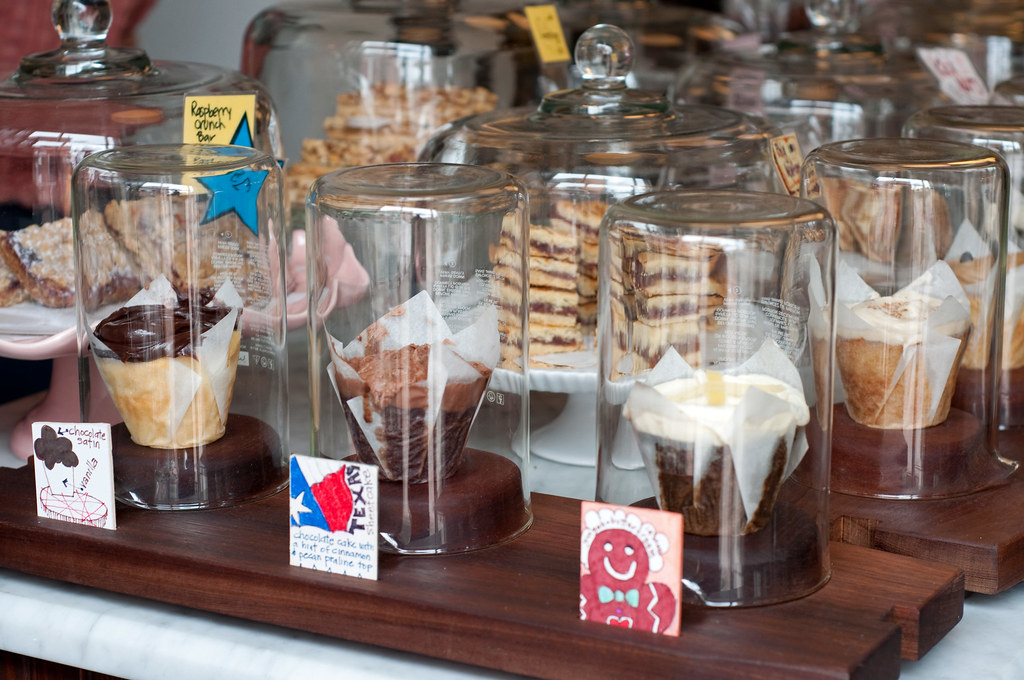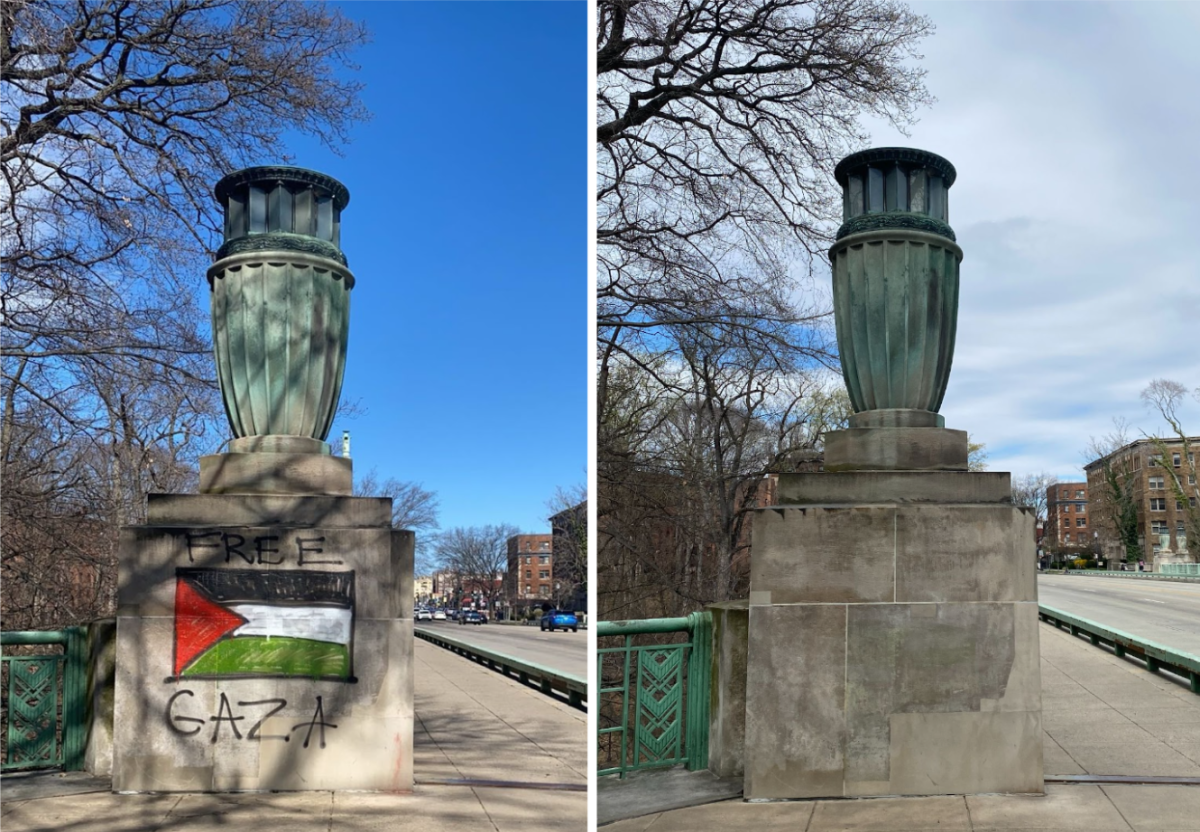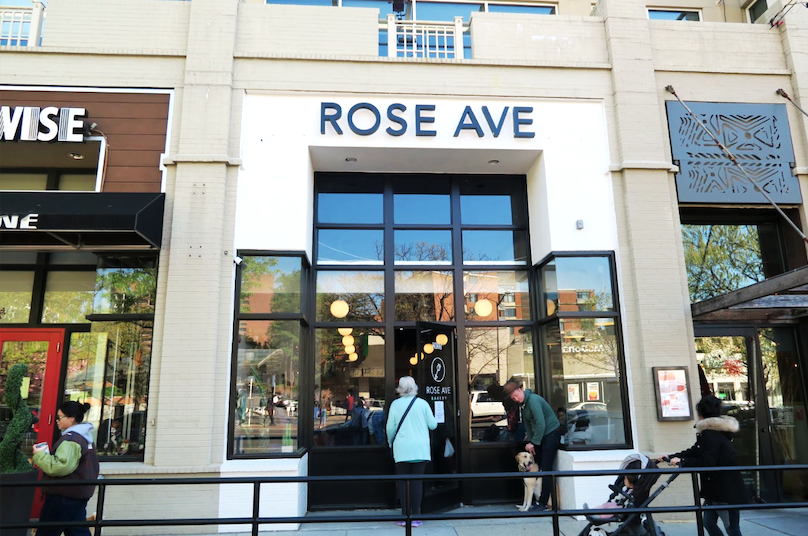The spread of COVID-19 has created a huge impact on small restaurants, and with DC Mayor Muriel Bowser encouraging businesses to cut down to delivery and takeout, many local establishments are forced to take needed precautions or close down.
As of May 19, the CDC’s guidelines regarding businesses stated,“During an infectious disease outbreak, such as the current outbreak of COVID-19, small business owners must prepare for disruption in their business as well as prepare to protect their employees’ health and safety in the workplace”. The guidelines continued to recommend that businesses conduct updated cleaning and disinfection, conduct best practices for social distancing, and use and implement any additional strategies and recommendations.
The local food scene in DC has been drastically impacted by the pandemic. According to Kathy Hollinger, the president of the Restaurant Association of Metropolitan Washington, about 38 percent of restaurants, cafes, and bakeries have had to close.
The new pizzeria, Tino’s Pizzeria, on Connecticut Avenue is feeling the large impact from the spread of COVID-19.
To counter the virus’s impact, Tino’s has adapted and moved to online ordering, “taking the extra steps” to follow the CDC guidelines and help slow the spread, according to Joe McCarthy, a managing partner and chef at Tino’s Pizzeria.
The outbreak hit many employees with a host of problems, unemployment being around 34 million nationwide. As many employees come from directly outside DC, it is important for managers to adhere to the individual states and their governments in the area who are issuing variants of the stay at home orders. As a result, many restaurants are laying their employees off from work. According to McCarthy, 40% of his staff were put off in order to prevent the spread of the virus.
As the stay at home order was implemented, only essential workers were allowed to go out. According to McCarthy, his employees who need to continue coming to work are given a permission letter or DC “travel card,” letters which their employers sign. These cards give permission allowing people to travel to and from the workplace.
Elsa Coony, a senior at WIS, is a former staff member at Firehook, a very popular spot on Connecticut Avenue. Before it closed in late March, all the food was moved to the front of the bakery and no customers were allowed to sit down inside. There were “only two people working […], so it was barely operating,” Coony said.
The business models of the restaurants have changed drastically as well. Tino’s has taken some precautions such as monitoring their staff, and making sure that they frequently wash their hands and use fresh aprons. Furthermore, businesses have asked their customers to not come and dine-in and instead do take-away. The pandemic also affects the operating hours of restaurants. At Firehook, the original operating hours from eight in the morning to eight in the evening were changed so that they closed at three.
However, restrictions are not the only thing stopping customers from coming to the bakery. The fear of catching the virus has spread throughout the community. As a result, the bakery was “basically empty and no one came in,” Coony said.
With many employees at risk of financial problems, many people in lower-paying jobs have to continue working despite the risks. As a precaution taken by Firehook to support their employees, employees receive some payment to allow families to ride out the troubled times.
There is a lot of uncertainty about whether or not businesses will survive to see the end of this pandemic, and support from the community is vital. Tino’s Pizzeria is selling gift cards, ones that can be used for pizza in the future. The restaurants, bakeries, and cafes that still remain open within the community such as, Tino’s, Fresh Med, Vace, continue to serve their food to the community. They offer online ordering and need the community’s help.



































































